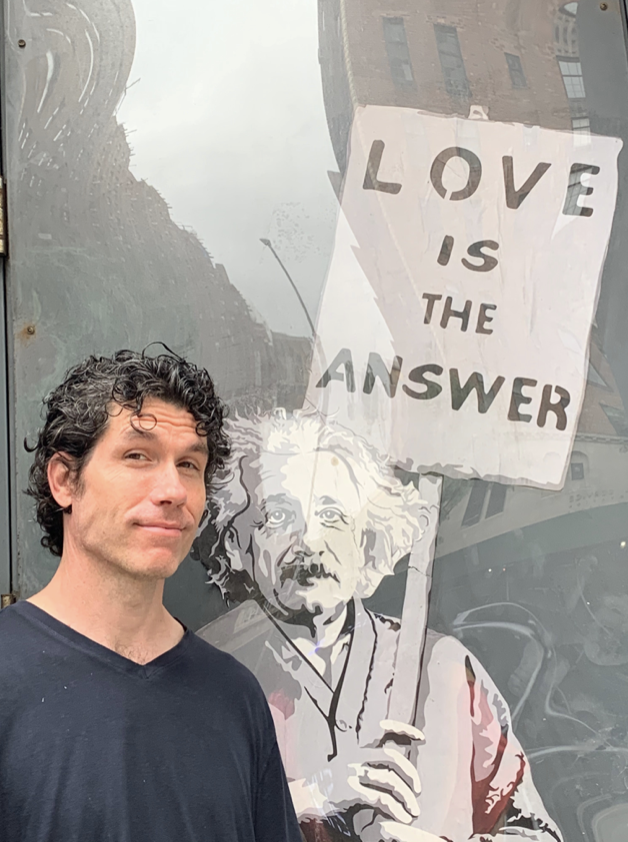Darren Kew
Darren Kew (Ph.D. in International Relations, Tufts University, 2002) is Executive Director of the Center for Peace, Democracy, and Development at the University of Massachusetts, Boston and Associate Professor and former Chair of the UMass Department of Conflict Resolution, Human Security, and Global Governance. He studies the relationship between conflict resolution methods – particularly interfaith and inter-ethnic peacebuilding — and democratic development in Africa. Much of his work focuses on the role of civil society groups in this development. He has also been a consultant on democracy and peace initiatives to the United Nations, USAID, US Institute of Peace, the US State Department, and to a number of NGOs, including the Carter Center and the Nobel Peace Prize-nominated Interfaith Mediation Centre in Kaduna, Nigeria. He monitored the last six Nigerian elections and the 2007 elections in Sierra Leone. Professor Kew is author of numerous works on Nigerian politics and conflict resolution, including the book Civil Society, Conflict Resolution, and Democracy in Nigeria (Syracuse UP, 2016), and his articles have appeared in International Negotiation, the Journal of Democracy, and Current History, among others. Research interests include:
Civil society, conflict prevention, and transnational civil society development
Religion, Ethnicity, Race, and Conflict Resolution
International security and crisis intervention in Africa
Conflict resolution efforts as grassroots approaches to promoting democracy
Conflict and democracy in Africa (especially Nigeria), including elections
International negotiation and mediation
Restorative Justice
Nonviolence
Professor Kew has also been learning more about the peace process in Northern Ireland, and will be a visiting professor on a Fulbright award to the Senator George Mitchell Institute for Global Peace, Security, and Justice at Queens University in Belfast in 2022. He has been interviewed by numerous media outlets including the New York Times, the BBC, CNN, Al Jazeera, and the Guardian of Lagos. His work in Nigeria on Muslim-Christian dialogue in particular has caught global attention, including features by the GrouthTruth Project and a TED talk.
Professor Kew has been a visiting scholar at the Harvard Divinity School (2016-18), where he was featured in a profile story, which noted the following:
“Kew has collaborated with Nigeria’s Interfaith Mediation Center and Boston’s Essential Partners (an organization dedicated to approaching intractable conflicts through reflective, structured dialogue) to explore ways in which dialogue models can be adopted to a specifically Nigerian context…. For those interested in peacebuilding, Kew advises a balance of self-knowledge and practiced attention to the needs of others. ‘The internal struggle is such a conscious part of our field, and to be successful in this discipline, you need to be a self-reflective person who is developmentally minded, who can develop both yourself and the people around you.’ He emphasizes the importance of bringing a genuine openness to others to the peace building process. ‘Part of success in this field is being able to quiet all the voices inside your head and heart and to hear what the other person is saying to you—not only what they are saying directly, but the other things they are emanating and expressing. People who are really good at mediation and peace facilitation are able to show their own vulnerability, and are able to inspire other people to show their vulnerability.’”
A friend of decades, Darren was a valued member of the 1994 EPIIC Colloquium and Symposium program of the Institute as a graduate student at Fletcher. Its theme was Ethnicity, Religion , and Nationalism. I had the great pleasure of interacting with him over the years, especially when our Synaptic Scholars made their inaugural research trip to Lagos. See Discourse.
He advised many of our students and lectured in Institute forums. I also had the pleasure of nominating him as one of my successors as Director of the IGL. He chose to remain as a tenured Professor at UMASS.

